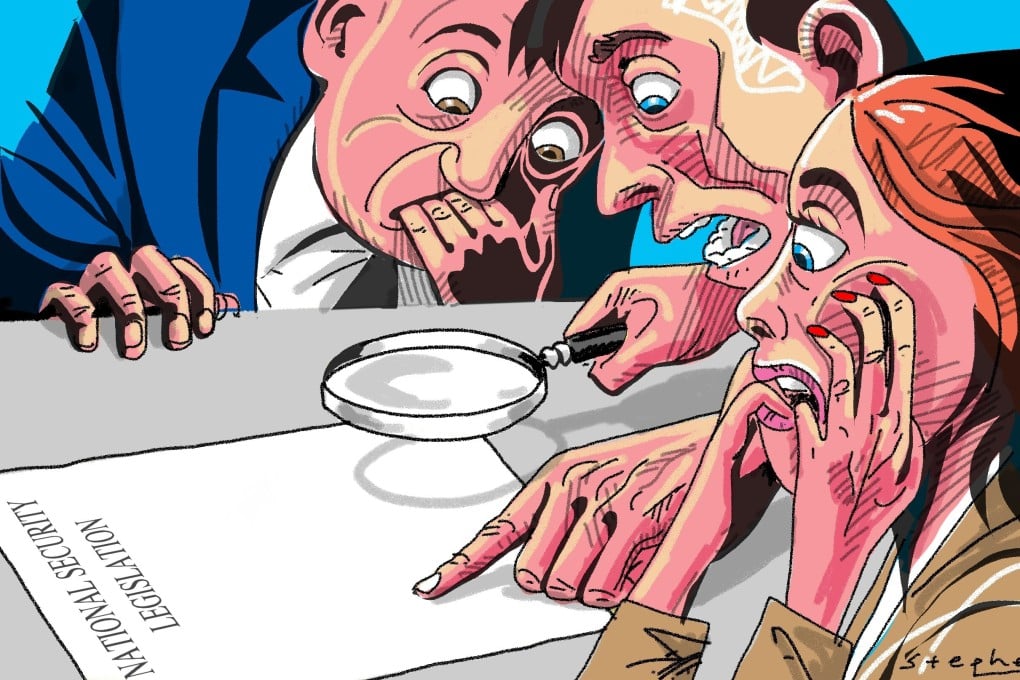Advertisement
Opinion | Western leaders have been quick to denounce Beijing’s national security law for Hong Kong. Too quick, actually
- With the law’s text not yet revealed, Western leaders have jumped the gun and concluded that it will be oppressive and destroy the Sino-British Joint Declaration. Are Hong Kong and its people pawns in a greater geopolitical agenda?
Reading Time:4 minutes
Why you can trust SCMP

Immediately after the draft proposal on Hong Kong’s national security legislation was announced by the National People’s Congress Standing Committee on May 22, and before the NPC itself had considered the matter, Chris Patten, former governor of Hong Kong, made a statement.
Hong Kong’s autonomy was “guaranteed” under the “one country, two systems” principle, he said, and “enshrined” in the 1984 Sino-British Joint Declaration. And, he added, “What we are seeing is a new China dictatorship. The British government should make it clear that what we are seeing is a complete destruction of the joint declaration.”
Lord Patten sees the “one country, two systems” formula as the product of bargaining between Britain and China. The truth is otherwise. As is clear from the joint declaration, the creation of a special administrative region for Hong Kong after the resumption of sovereignty on July 1, 1997 was decided at the outset, with one country, two systems as a basic guiding principle. This took into account “Hong Kong’s history and realities” as stated in the joint declaration.
Advertisement
One of the “realities” is plainly this: Hong Kong as an entity was not viable without the New Territories, and its inhabitants could not live without the mainland’s active daily support – taking the supply of drinking water for a start.
In 1996, Patten, as a representative of the queen, exercised dominion over Hong Kong. At that time, Hong Kong’s national security laws were in a ramshackle state. To improve on those laws, his administration introduced into the Legislative Council the Crimes (Amendment) (No. 2) Bill, dealing principally with the crimes of “subversion” and “secession”.

03:18
Hong Kong’s national security law is like ‘anti-virus software’, top Beijing official says
Hong Kong’s national security law is like ‘anti-virus software’, top Beijing official says
That law never came to fruition. Nor did an attempt by the SAR government to pass the National Security (Legislative Provisions) Ordinance in 2003. Hence, the shoddy colonial laws protecting national security remained on the statute book.
Advertisement
Select Voice
Select Speed
1.00x
